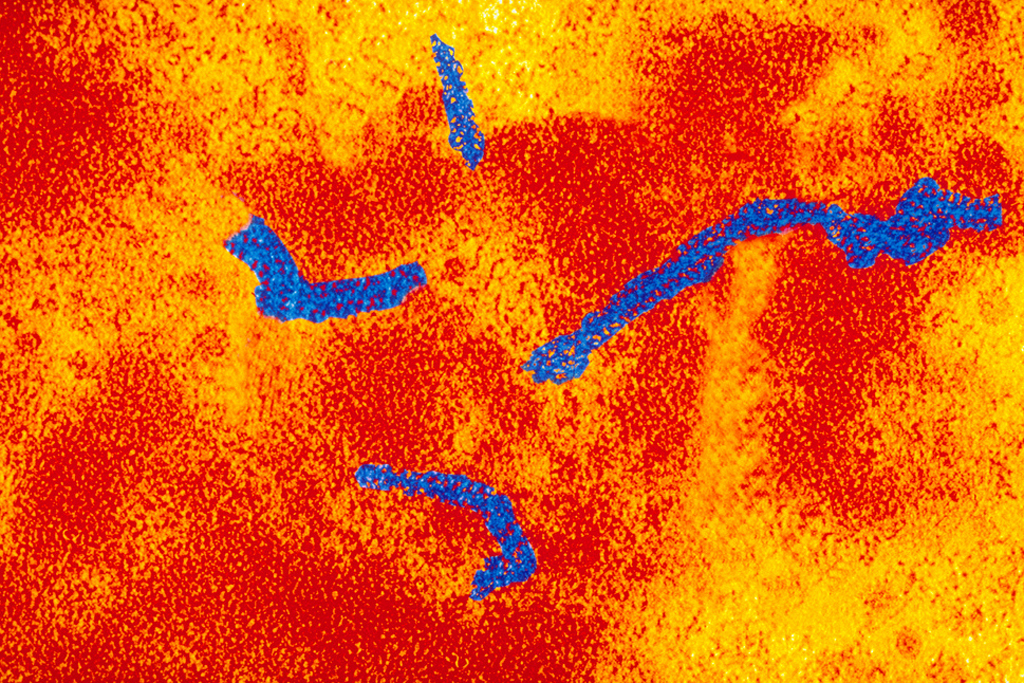Bali Belly: Identifying The Cause And Finding Relief

Table of Contents
Common Causes of Bali Belly
Bali Belly, or traveler's diarrhea, stems from various sources. Understanding these causes is crucial for prevention and effective treatment.
Contaminated Food and Water
The most frequent culprit behind Bali Belly is the consumption of contaminated food and water. Unsanitary food preparation practices and unsafe water sources are breeding grounds for bacterial infections.
- Bacterial culprits: E. coli, Salmonella, and Shigella are common bacteria responsible for foodborne and waterborne illnesses. These bacteria can contaminate food through improper handling, storage, or cooking.
- Water safety: Always drink bottled water, avoiding tap water, ice made from tap water, and unpasteurized beverages. Even seemingly clean water can harbor harmful bacteria.
- Food choices: Avoid raw or undercooked foods, such as seafood, meat, and eggs. Street food, while tempting, poses a higher risk of contamination. Choose well-cooked, hot meals from reputable establishments.
Viral Infections
Viral infections are another significant cause of traveler's diarrhea. Viruses like norovirus and rotavirus are highly contagious and can easily spread through contaminated surfaces or person-to-person contact.
- Contagious nature: These viruses are easily transmitted, so maintaining good hygiene is paramount.
- Hand hygiene: Frequent and thorough handwashing with soap and water is essential to prevent the spread of viral infections.
Parasitic Infections
Parasitic infections, while less common, can also cause Bali Belly. Parasites like Giardia and Cryptosporidium can contaminate water and food, leading to prolonged diarrhea and other digestive issues.
- Long-term effects: Untreated parasitic infections can lead to more serious long-term health problems. Seek medical attention if symptoms persist.
Recognizing the Symptoms of Bali Belly
Recognizing the symptoms of Bali Belly is crucial for timely intervention. While symptoms vary in severity, some common indicators include:
Common Symptoms
- Diarrhea: This is the most prominent symptom, often frequent and watery.
- Stomach cramps: Painful spasms in the abdomen are common.
- Nausea and vomiting: These can accompany diarrhea, leading to dehydration.
- Fever: A fever may indicate a more serious infection.
- Dehydration: This is a serious complication of diarrhea and vomiting; look out for signs like dry mouth, dizziness, and decreased urination.
Severe symptoms requiring immediate medical attention: Bloody diarrhea, high fever, severe dehydration, and persistent vomiting necessitate prompt medical evaluation.
Seeking Relief from Bali Belly
Treatment for Bali Belly depends on the severity of symptoms and the underlying cause.
Home Remedies
For mild cases, some home remedies can provide relief:
- Oral Rehydration Solutions (ORS): Replenishing fluids lost through diarrhea and vomiting is crucial. ORS, available at pharmacies, helps maintain electrolyte balance.
- Rest: Allow your body to recover; rest is essential for healing.
- Bland Diet: Once the acute phase subsides, gradually introduce bland foods like rice, bananas, toast, and boiled potatoes. Avoid greasy or spicy foods.
Over-the-Counter Medications
Over-the-counter anti-diarrheal medications, such as loperamide, can help reduce the frequency of bowel movements. However, use these medications cautiously and only after consulting a doctor or pharmacist. They can mask symptoms and potentially delay proper diagnosis. They may also have side effects.
When to Seek Medical Attention
Seek immediate medical attention if you experience:
- Severe dehydration
- Bloody diarrhea
- High fever (over 102°F or 39°C)
- Persistent vomiting
- Symptoms lasting longer than a few days
Preventing and Managing Bali Belly
Bali Belly, or traveler's diarrhea, can be a significant travel inconvenience. Remember that prevention is key. Safe food and water practices, diligent hand hygiene, and awareness of symptoms are crucial for preventing this common ailment. Knowing when to seek medical attention is equally important. Don't let Bali Belly ruin your trip! Learn more about preventing and managing traveler's diarrhea by [link to relevant resource/further reading].

Featured Posts
-
 Info Cuaca Denpasar And Bali Untuk Besok
May 28, 2025
Info Cuaca Denpasar And Bali Untuk Besok
May 28, 2025 -
 Check Current Personal Loan Interest Rates Compare And Save
May 28, 2025
Check Current Personal Loan Interest Rates Compare And Save
May 28, 2025 -
 Is This The Best Baseball Book For Opening Day A Review
May 28, 2025
Is This The Best Baseball Book For Opening Day A Review
May 28, 2025 -
 Roland Garros 2024 Alcaraz And Swiatek Begin Their Campaigns
May 28, 2025
Roland Garros 2024 Alcaraz And Swiatek Begin Their Campaigns
May 28, 2025 -
 Euro Millions Winners In Ireland Locations Of Two Six Figure Prizes Confirmed
May 28, 2025
Euro Millions Winners In Ireland Locations Of Two Six Figure Prizes Confirmed
May 28, 2025
Latest Posts
-
 Bts Mega Reunion Teased What To Expect From The 7 Moment Trailer
May 30, 2025
Bts Mega Reunion Teased What To Expect From The 7 Moment Trailer
May 30, 2025 -
 Bts 7 Moment Trailer Army Speculates On Unseen Solo Content In Potential Reunion
May 30, 2025
Bts 7 Moment Trailer Army Speculates On Unseen Solo Content In Potential Reunion
May 30, 2025 -
 Bts Reunion 7 Moment Trailer Hints At Mega Comeback Solo Content Speculation Soars
May 30, 2025
Bts Reunion 7 Moment Trailer Hints At Mega Comeback Solo Content Speculation Soars
May 30, 2025 -
 Addressing The Persistence Of Measles In Our Communities
May 30, 2025
Addressing The Persistence Of Measles In Our Communities
May 30, 2025 -
 Combating The Persistence Of Measles A Public Health Perspective
May 30, 2025
Combating The Persistence Of Measles A Public Health Perspective
May 30, 2025
